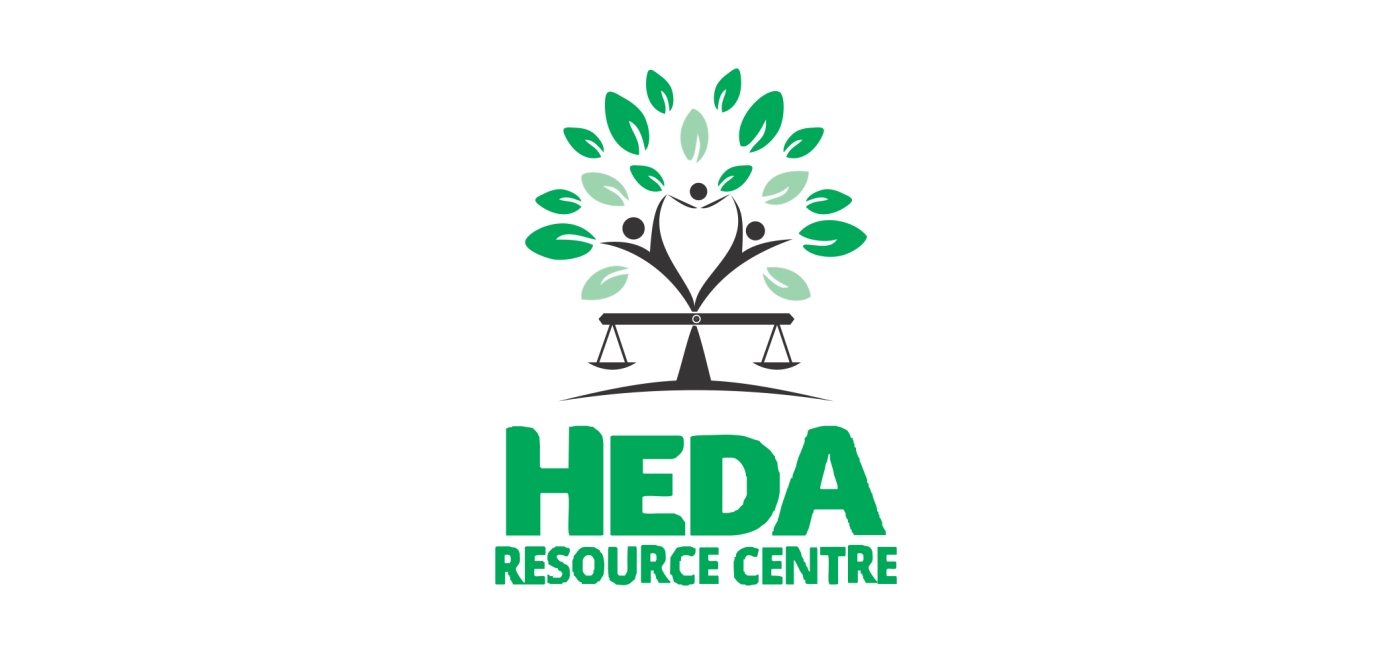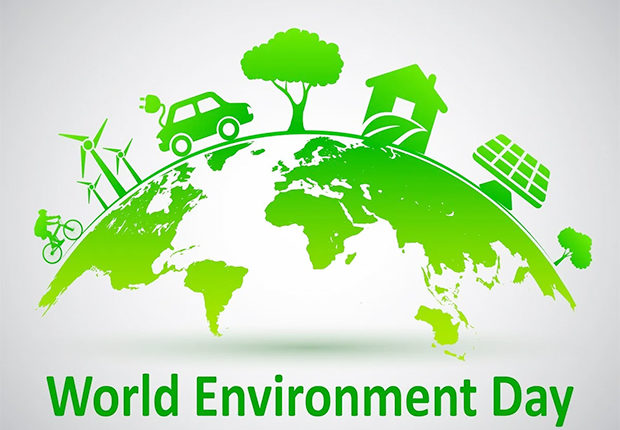Introduction;
Plastic is one of the most enduring materials man has created. It is globally known that plastic materials take hundreds of years to degrade or decay, and research has shown that it is possible that it does not even fully degrade, but becomes what we call microplastic. Microplastic is the smallest part of a plastic material that can be eaten by aqua animals, which is non-nutritive, yet remain indigestible within their body, causing discomfort to the ocean animals which eventually leads to disastrous impact to the health of our planet and all its occupants.
The presence of plastic in our ocean is continually increasing, and plastic pollution is still one of the main causes of marine species extinction, health problems for human beings and animals alike, and the destruction of our ecosystems.
Plastic Pollution;
Plastic pollution has become one of the most pressing environmental issues around the world – as the rapidly increasing production of disposable plastic products overwhelms the world’s ability to deal with them. Plastic pollution is commonly noticed in developing Asian and African nations, where garbage collection systems are often inefficient or nonexistent.
Plastic waste makes up 80% of all marine pollution and around 8 to 10 million metric tons of plastic end up in the ocean each year. In the last ten years, we have produced more plastic products than in the previous century. And according to the Environmental Protection Agency (EPA) in a statement – basically, 100% of plastic ever manufactured by human beings are still in existence, and some are thrown into the water body, discarded, and ended up in landfills or dumps or the natural environment. Research states that by 2050 – plastic will likely outweigh all fish in the sea.
World Environment Day 2023 with the theme “Beat Plastic Pollution” is here again; stressing the urgent need to strengthen the science-policy interface at all levels, strengthen global coordination and cooperation, improve understanding of the global impact of plastic pollution on the environment, and promote effective and progressive action at the local, regional and global levels, recognizing the important role played by plastics in society. However, it is of important for the Government, Non-governmental organizations, and Private Sectors to take immediate action towards the long-term elimination of plastic pollution in marine and other environments, and to avoid detriment from plastic pollution to ecosystems and the human activities dependent on them.
Furthermore, The industry needs to start promoting the sustainable design of products and materials so that they can be reused, remanufactured, or recycled and therefore retained in the economy for as long as possible, and minimizing the generation of waste, which can significantly contribute to sustainable production and consumption of plastic.
It is on this note that – the Intergovernmental Negotiating Committee (INC) on plastic pollution converge to develop an international legally binding instrument on plastic pollution, including in the marine environment, based on the adopted historic revolution (5/14) made in February 2022, at a session of the United Nations Environment Assembly (UNEA-5.2), stressing the need for further international actions towards beating plastic pollution, with the ambition to end the discussion by 2024. The instrument is to be based on a comprehensive approach that addresses the full life cycle of plastic.
Plastic Pollution in Nigeria
Nigeria is estimated to generate about 2.5 million tonnes of plastic waste annually, and ranks on the ninth position among the countries with the highest contributions to plastic pollution. Unfortunately, over 88% of the plastic waste generated in Nigeria is not recycled. Instead, much of it ends up in water bodies – rivers, lakes, drains, lagoons and the ocean.
Furthermore, Plastic accounts for 15% of the total waste generated in Lagos State, and the situation is likely to worsen as Nigeria’s population grows, from more than 220 million people now to an expected 401 million by the end of 2050. The production and consumption of single-use plastic is growing too. Dangote Refinery, the largest petrochemical refinery in Africa, is starting operations in Nigeria in the first quarter of 2023. Aside from refining fuel, the plant will also produce plastic products, in addition.
Styrofoam widely known as disposable plate or cup is a public health hazard because it hurts the environment and our health. Styrofoam cups are non-biodegradable. Instead of breaking down over time, they break into tiny pieces and stay in the environment for hundreds of years. They take up valuable space in our landfills – causing breeding space for harmful insects to humans, and affecting the soil well-being for Agricultural purposes; Clog the water channels that eventually leads to flooding; and leach harmful chemicals to atmosphere causing global warming.
Mitigaion to Plastic pollution;
The rapidly increasing levels of plastic pollution represent a serious global environmental issue that negatively impacts the environmental, social, economic and health dimensions of sustainable development, and that calls for world leaders intervention to profer sustainable practices to mitigate the plastic pollution
- Create awareness: The citizens’ awareness through exchange of global informations related to plastic pollution is crucial to regional reduction and prevention to plastic pollution and its related risks to human health and adverse effects on human well-being and the environment. The UN-EP can be stepped down to suit each country with reference to its own national circumstances, including its stakeholder activities, related to addressing plastic pollution, including in the marine environment.
- Waste management improvement: The waste management authority needs to put in place adequate disposal bins, easily accessible with timely and proper management for plastic-pollution free economy, thereby reducing the negative impact of plastic materials and styrofoams
- Implementation of the three (3) Rs approach: The 3Rs which is Reduce, Reuse and Recycle plastic materials. There is need for sensitising the communities through capacity building on alternatives to use of plastic materials to reduce its usage, educating on ways to effecienctly reuse and creating ideas on how to innovatively recycle plastic materials for sustainable ecosystem.
- Participation in general clean up: Conduct a campaign and/or advocacy for public environmental sanitation, involving every related stakeholders on plastic pollution reduction.
- Strict compliance to public environmental policies: Policies made by the government and policy makers for the industry sectors producing plastics materials, as well as the communities consuming plastic products should be strictly implemented and penalties for violating the established policies put in place for perpetrators.
In conclusion – Plastic pollution is undoubtedly an issue that requires worldwide cooperation. Its consequences affect the whole planet and its inhabitants: it threatens ocean health, the health of marine species, food safety and quality, human health, coastal tourism, and contributes to climate change. Reducing the presence of plastic in our oceans will not only allow us to save marine species and ecosystems, but will improve our overall health and that of the environment in general, helping us fight climate change and working towards a more sustainable future, and it is everyone’s call to action.
References:
https://oceanliteracy.unesco.org/plastic-pollution-ocean/#:~:text=Plastic%20waste%20makes%20up%2080,than%20in%20the%20previous%20century.
https://www.britannica.com/science/plastic-pollution/Plastic-pollution-in-oceans-and-on-land
https://www.nationalgeographic.com/environment/article/plastic-pollution
https://www.unep.org/about-un-environment/inc-plastic-pollution
UNEA Resolution 5/14 entitled “End plastic pollution: Towards an international legally binding instrument” pg 1-5
https://theconversation.com/plastic-pollution-in-nigeria-whose-job-is-it-to-clean-up-the-mess-196020
https://theconversation.com/plastic-pollution-in-nigeria-is-poorly-studied-but-enough-is-known-to-urge-action-184591
https://www.sustainablebusinesstoolkit.com/styrofoam-environmental-impact/
https://www.unep.org/news-and-stories/story/plastic-planet-how-tiny-plastic-particles-are-polluting-our-soil.






